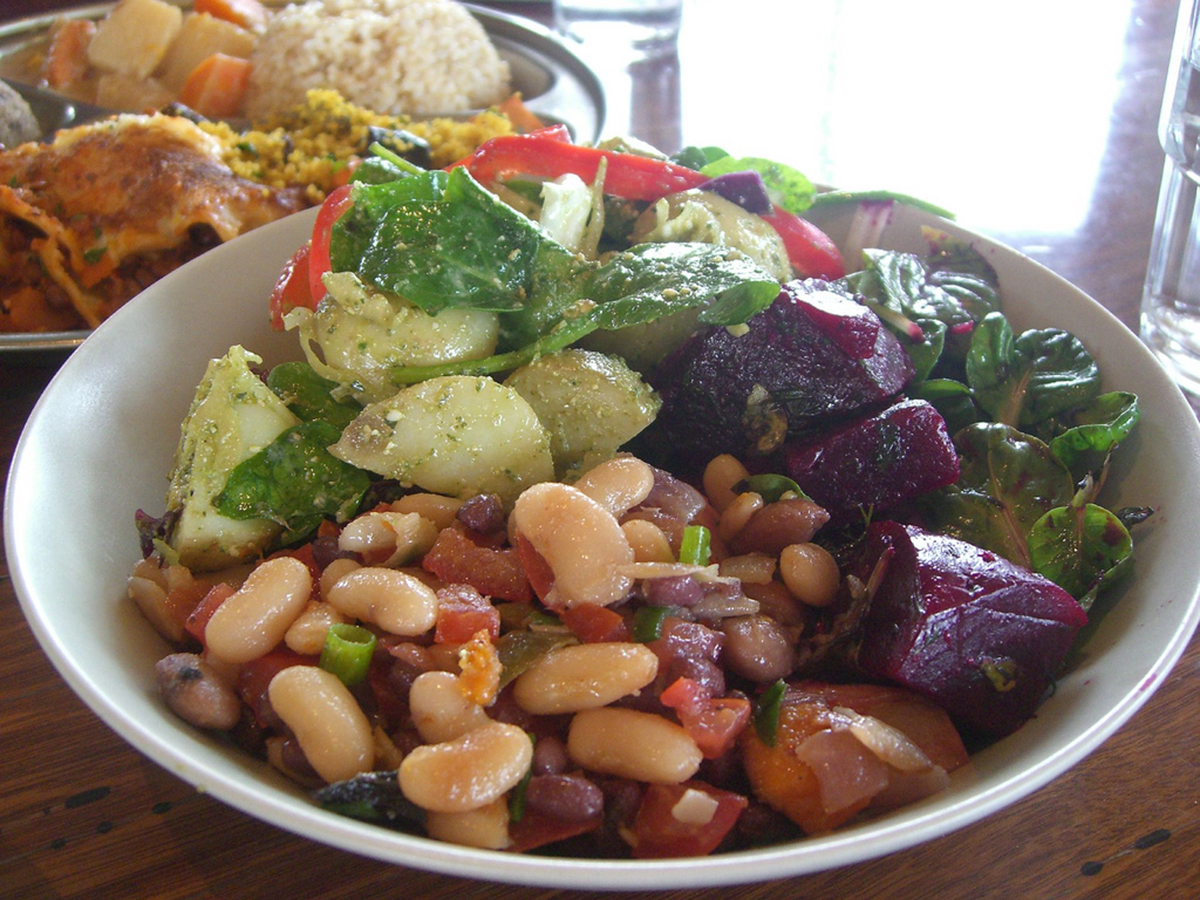Table of Contents
Alternatively, it could be a lifestyle factor associated with being an Adventist. Strict religionists often practice greater sexual continence than nonbelievers, and this can actually have a detrimental effect on sperm quality — if they're ejaculating less often, for whatever reason, Adventists could be harming their own sperm that way.

It's also worth pointing out that, perhaps but not necessarily because of their vegetarianism, Adventists live about ten years longer on average than the general population. This could be related to religious strictures, to a wider support network that comes from living in a community and isn't necessarily related to religion per se, or it could even conceivably be genetic. But it does mean that the Adventist population was being compared with a younger general population.
Additionally, there are some well-known plusses to being a vegetarian in terms of sperm quality. For instance, sperm are vulnerable to oxidative stress, so a diet high in antioxidants is best suited to reducing the likelihood that a given sperm will die.
If he's eating more grains and legumes, some of which are sources of phytoestrogens, that might be a problem.
The idea that a vegetarian diet is automatically healthier is one that a lot of vegetarians subscribe to, but the evidence is extremely muddy. With the collapse of the lipid hypothesis as a viable reason for heart disease and cardiovascular problems, the main appeal to a vegetarian diet is destroyed, and what remains is open to question. If eating a vegetarian diet means eating more fruit and vegetables, the loss of lipids is probably worth it, as is the reduction in protein. If that protein is made up in grain, legume and soy products, along with the caloric load, then a vegetarian diet can be an even worse one than the standard American diet in many ways.
The study is far from definitive. It looked at 443 meat eaters, a fairly low number, and compared them with 26 vegetarian and five vegans. Those numbers are so low that anything the study finds could be false in that it could just be random chance; larger studies can find enough data to overwhelm the likelihood that anything they discover is just an anomaly, but a study this small means any results could just be down to a roll of the dice.
We're hearing that vegetarians have lower sperm counts, where a truthful reportage of the same situation would read, "some Seventh Day Adventist, slightly older than average, Californian vegetarians have slightly lower sperm counts than the non-Seventh Day Adventist, average aged Californians around them who eat meat, though both populations still have high sperm counts."
See Also: Vegetarians Who Train
The bottom line is that the answer to the question posed by the title of this article is, "no, not really", or, "maybe — we don't really know".
What we do know is that soy can inhibit sperm production, so Dr Orzylowska advises, "It’s hard to tell people not to be vegetarians if they are trying to conceive, but I would caution against using soy, at least for 74 days beforehand, which is the time it takes for sperm to be replaced."
- Photo courtesy of richkidsunite via Flickr: www.flickr.com/photos/89186997@N00/5550155624
- Photo courtesy of Avlxyz via Flickr: www.flickr.com/photos/avlxyz/2695730538

